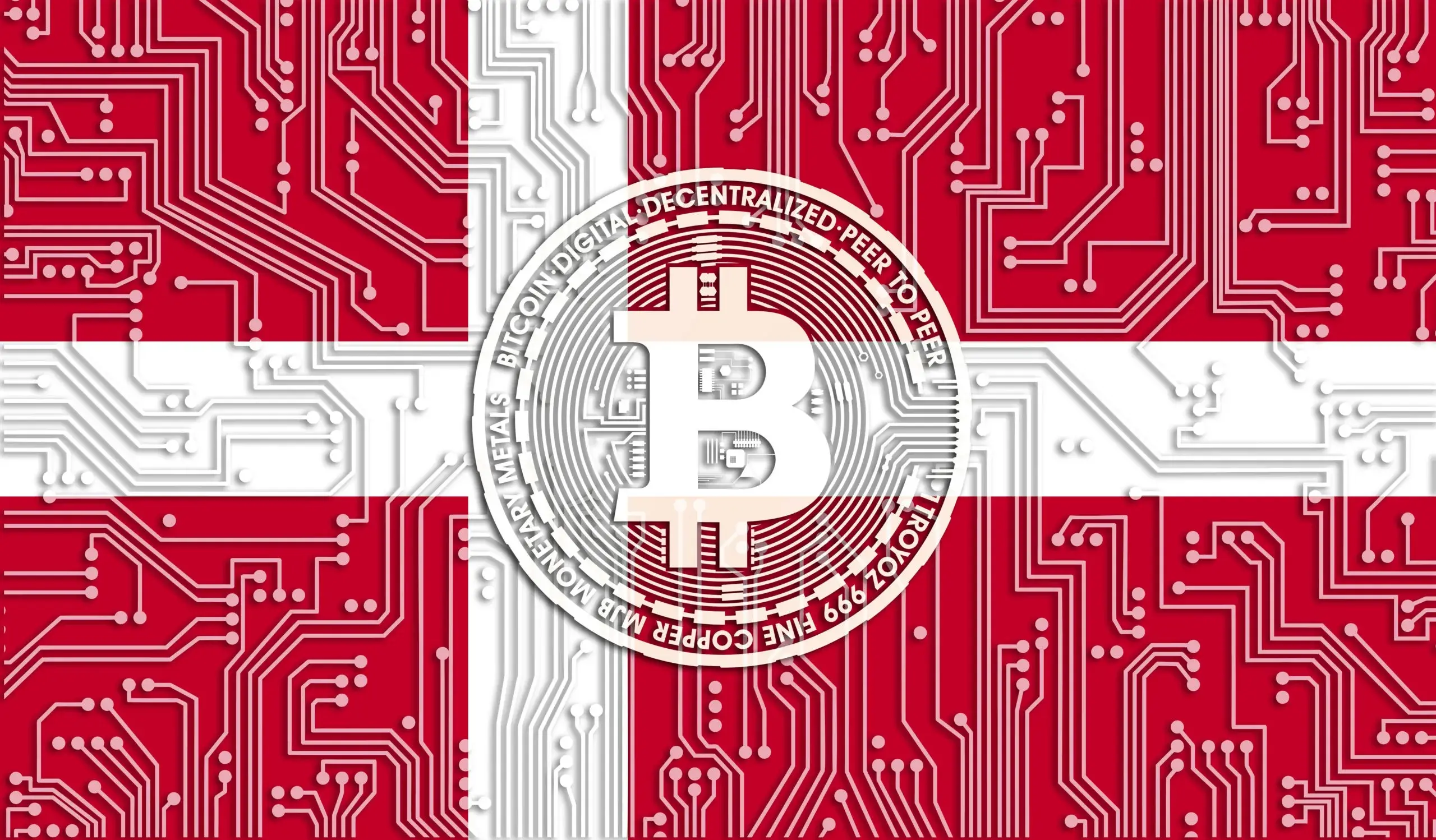Denmark Introduces Ban on Bitcoin Wallets
27.06.2024 10:00 1 min. read Alexander Stefanov
The Danish Financial Supervisory Authority (DFSA) is taking steps to eliminate unhosted Bitcoin (BTC) wallets as part of its updated guidelines on decentralized funding (DeFi).
The DFSA’s new position requires all crypto service providers, including interface and mobile app developers, to operate under strict regulations. This is in line with the upcoming Cryptoasset Market Regulations (MiCA), which will soon be partially implemented across the European Union.
With these changes, crypto exchanges and trading platforms will no longer be able to offer Bitcoin wallets, DEX interfaces or other crypto-related services to Danish users unless they receive regulatory approval in Denmark.
The European Banking Authority (EBA) recently finalized technical standards under MiCA, ensuring that EU firms meet strict financial requirements.
These include own funds adjustments, liquidity provisions and strict recovery plans for crypto issuers, with significant implications for stablecoins pegged to the US dollar.
Some market analysts argue that these new regulations are overly restrictive. Mikko Ohtamaa, who reported on the ban in question in Denmark, suggested that MiCA’s rules may be aimed at phasing out digital assets, a view echoed by SEC Chairman Gary Gensler. Ohtamaa believes that these rules could effectively ban cryptocurrencies by imposing excessive controls.
-
1
Key Crypto Events to Watch in the Next Months
20.07.2025 22:00 2 min. read -
2
House Clears Path for Landmark Crypto Bills: Vote Set for Thursday
17.07.2025 9:15 2 min. read -
3
Australia Tests CBDCs in 24 Separate Real-World Finance Use Cases
10.07.2025 19:00 2 min. read -
4
U.S. House Passes Sweeping Clarity and GENIUS Acts
17.07.2025 23:29 1 min. read -
5
Senate Confirms Crypto-Linked Nominee Jonathan Gould to Head OCC
11.07.2025 9:00 2 min. read
Nigeria Signals Greenlight for Stablecoin Innovation Under New Regulatory Vision
Nigeria is taking a decisive step toward embracing stablecoin adoption, as the country’s Securities and Exchange Commission (SEC) outlined its readiness to support digital currency innovation—under clear regulatory conditions.
South Korea Urges Asset Managers to Limit Exposure to Crypto Stock Like Coinbase,MicroStrategy
South Korea’s top financial watchdog has issued informal guidance urging local asset managers to scale back their investments in crypto-related stocks, according to a Korean Herald report.
SEC Reverses Bitwise ETF Approval Just Hours After Greenlight
In a surprising move on Tuesday, the U.S. Securities and Exchange Commission (SEC) initially approved Bitwise’s proposal to convert its cryptocurrency index fund into a full-fledged exchange-traded fund (ETF)—only to halt the decision just hours later.
Senate Republicans Unveil Crypto Market Bill to Expand CLARITY Act
Senators Tim Scott, Cynthia Lummis, Bill Hagerty, and Bernie Moreno (R-OH) have released a discussion draft of a new digital asset market structure bill—framed as the Senate counterpart to the CLARITY Act.
-
1
Key Crypto Events to Watch in the Next Months
20.07.2025 22:00 2 min. read -
2
House Clears Path for Landmark Crypto Bills: Vote Set for Thursday
17.07.2025 9:15 2 min. read -
3
Australia Tests CBDCs in 24 Separate Real-World Finance Use Cases
10.07.2025 19:00 2 min. read -
4
U.S. House Passes Sweeping Clarity and GENIUS Acts
17.07.2025 23:29 1 min. read -
5
Senate Confirms Crypto-Linked Nominee Jonathan Gould to Head OCC
11.07.2025 9:00 2 min. read

